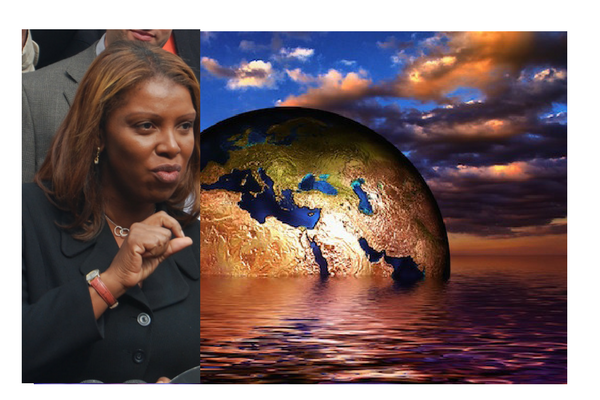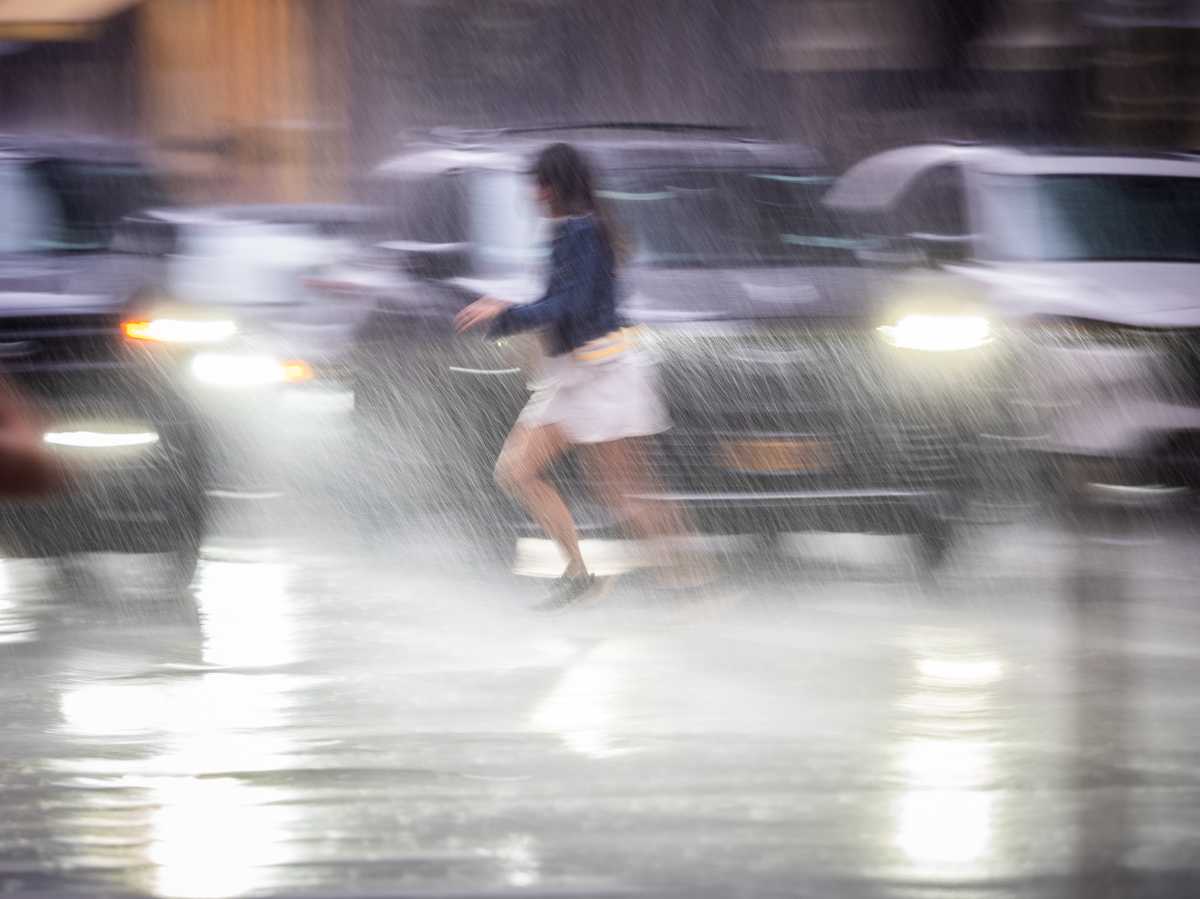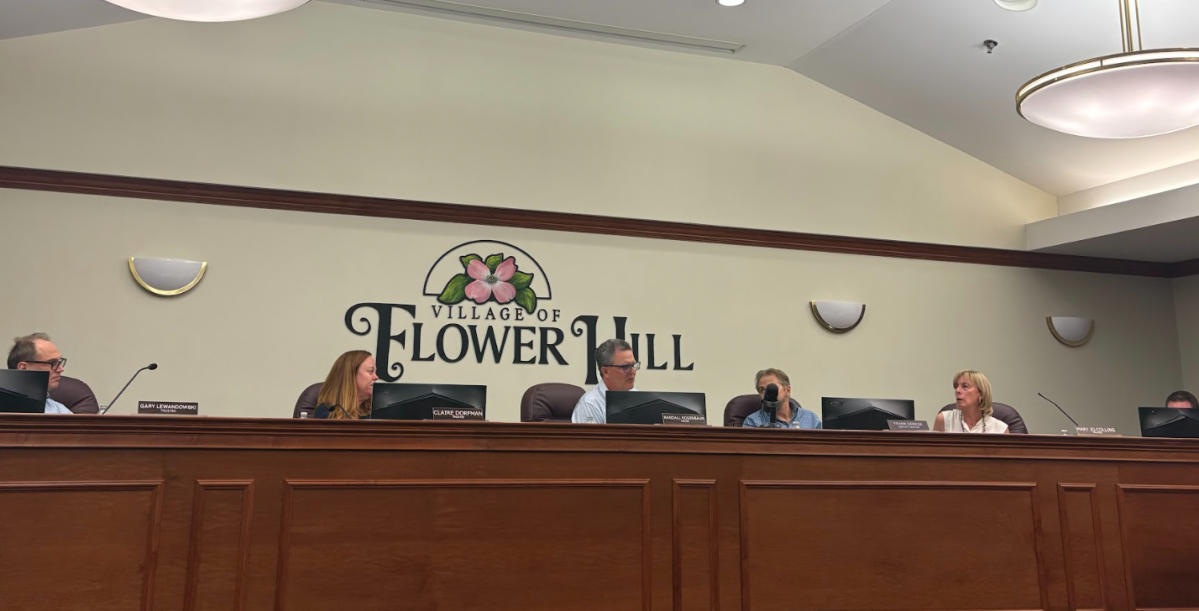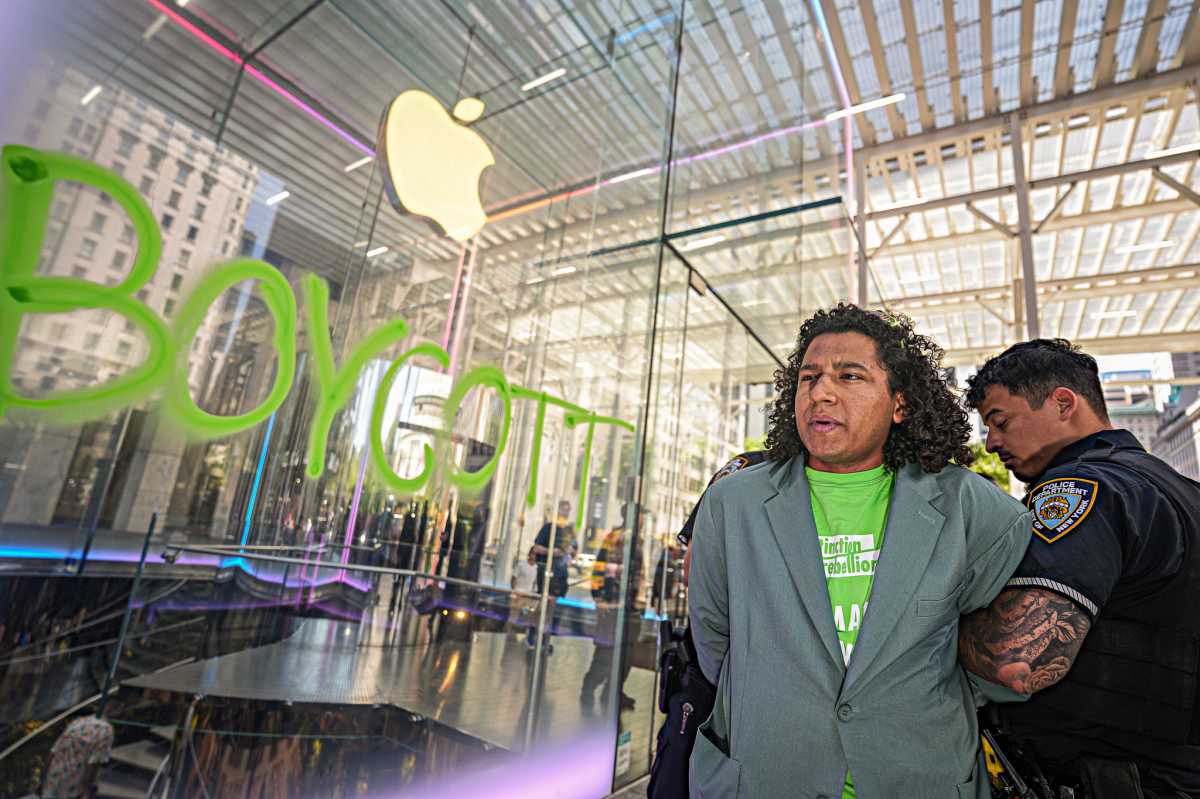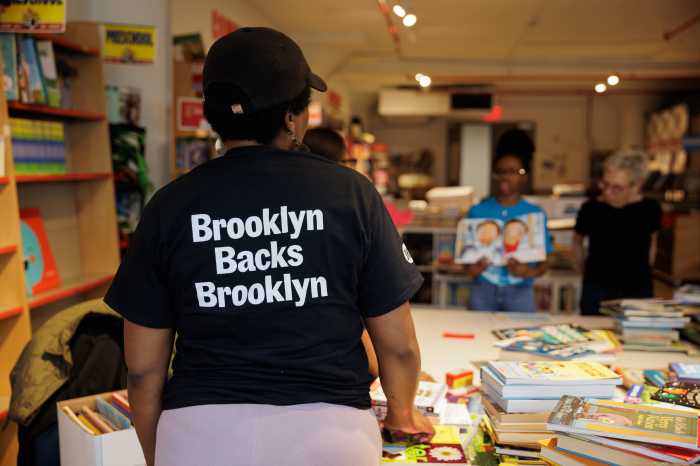The city’s Public Advocate Letitia James held a hearing at the Borough of Manhattan Community College yesterday about one of the most urgent and frightening issues facing the city: climate change.
“There is no greater threat to our planet than the consequences of climate change,” said James. “As we witness record temperatures, storms, distraction and displacement, we can no longer continue to consume and emit at this rate without care for our impact.”
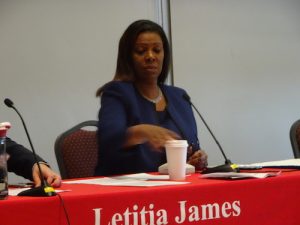
The hearing was scheduled in the wake of a series of devastating storms that ravaged Texas, Florida, and Puerto Rico, and it coincided with the fifth anniversary of Superstorm Sandy.
At the hearing, eight panels of climate authorities from across the city provided testimony about what can be done to alleviate the damage being caused by rising global temperatures. Among them were Isabelle Silverman of the Environmental Defense Fund; Denise Patel, coordinator of the DivestInvest Network; Eddie Bautista, executive director for NYC Environmental Justice Alliance; Priya Mulgaonkar of the Brooklyn Alliance for Sustainable Energy; and Robert Friedman, policy advocate for the Natural Resources Defense Council.
James and the panelists asserted that action has to be taken immediately – not just because New York is already feeling the effects of climate change, but also because our current presidential administration is undermining our efforts to stem it by refusing to acknowledge the reality of the situation.
“We have a federal administration that has challenged so much of the progress that we have made for equality and our fundamental rights,” said James. “Perhaps the most daunting decision they have made is their refusal to acknowledge basic science. It’s no secret that our world is getting warmer. This is not fake news. This is real, and it cannot be ignored.”
The speakers on the first and last three panels talked primarily about the ways that climate change is already impacting our community. Friedman claimed that the phenomenon has had a particularly deleterious effect on the city’s most marginalized demographics.
“The people who have always suffered the most from climate disasters… are black, brown, and indigenous,” said Friedman. “They have the least resources to cope with a climate-changed world.”
Bautista corroborated Friedman’s claim, pointing out that the majority of New Yorkers who live in storm surge areas within a half-mile of Significant Maritime & Industrial Areas are residents of color.
“Sadly, it is our most vulnerable communities in New York City that will endure the initial and greatest impacts if we do not take immediate action to change our habits,” said Bautista.
The speakers from the fourth and fifth panels focused on what we can (and should) do to fix the problem. David Levine, president of the American Sustainable Business Council, explained how we can get corporate interests on board with environmental regulations, by arguing that said regulations will help private businesses far more than it hurts them.
“What we do understand is that climate change poses an incredible threat to business,” said Levine. “All we need to do is look at at the over $7 billion in damage caused by Hurricane Sandy, the $90 billion to Houston, the $90 billion to Puerto Rico. This is destroying not only the businesses in place, but also supply chains throughout the world. So the argument that’s often made, that taking action is bad for business, is the wrong argument to be made.”
Meanwhile, Patel discussed some of the existing tools New York can use to fight climate change. In particular, she talked about DivestInvest, a worldwide movement dedicated to divesting from fossil fuels and investing in renewable sources of energy, and her efforts to help the movement take root in the city.
“As leaders of the global DivestInvest movement, we’re helping society divest in fossil fuels, invest in climate solutions and transition into renewable energy systems,” said Patel. “The global DivestInvest movement is the fastest growing divestment movement in history because our message is simple – it’s wrong to profit from the destruction of the planet and the suffering of others.”
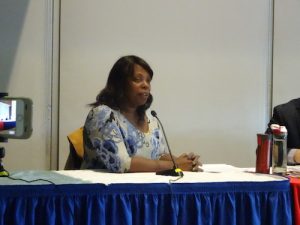
Assemblywoman Latrice Walker (D-Brownsville) concluded the hearing by reiterating that climate change, unfortunately, isn’t a problem that has a simple solution. It will necessitate a multifaceted approach that takes countless political, economic and social factors into account.
“We need to have financial plans, political plans and social plans for how we address this,” said Walker. “So I thank each and every one of you for your time and attention. This is a very important matter. It means the world to me – literally.”


